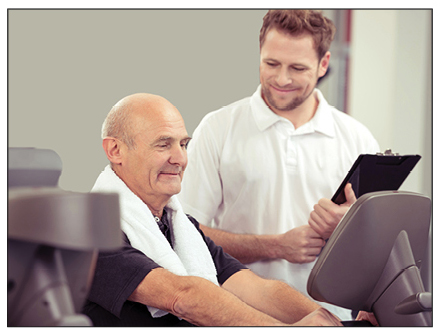By: Sheena Mattingly, Director of Clinical Outcomes
In case you are in need of a recap, let’s start from the beginning. PDPM came into our lives on October 1, 2019. IDT processes and collaborative effort toward patient-centered care became even more imperative. Therapy remained a necessity in the recovery process under the methodology. The Centers for Medicare & Medicaid Services made it clear as mud that they will be looking at provision of services and outcomes. Presumably, medical review will surround any substantial changes in these areas. Let us also not forget that outcomes are publicly reported and impact quality measures, QRP, VBP, five-star, and so much more. Now that you are all caught up, let’s get to the good stuff!
HTS has shown improved Section GG outcomes when FY2019 is compared to the first six months post PDPM implementation.
So, what does this mean? If outcomes are equal to or above historic values, there is less risk for medical review and it means patient care and delivery is not compromised under PDPM. Also, improved outcomes provide further evidence of the great care HTS therapists deliver…even during a Public Health Emergency!
The proof is in the GG but in case you want more, check out the list below to see just a few more accomplishments from the past couple months:
- Outpatient clinics are back up and running at almost full capacity!
- Therapists are now equipped to use two new delivery service modes: telecommunication technology and telehealth.
- Procedures such as cleaning, disinfecting, and sanitizing have been successfully implemented company-wide in order to mitigate risk of exposure to COVID-19.
- Therapists have utilized a new Treatment Hierarchy Guide provided by HTS to help prioritize the treatment visits and provide services in a sequential manner according to priority level to further mitigate risk of exposure.
- The Breathe Program introduced in April has improved pulmonary intervention for patients.
- Therapists have demonstrated commitment to best practice by accommodating new regulation and compliance standards due to the public health emergency with quick turnaround time! This has allowed HTS to continue to provide services to patients in need during uncertain times.
The Bottom Line… HTS therapists have been rocking it out even harder than ever before and for that we thank you!







